Dhaka turns a city of processions
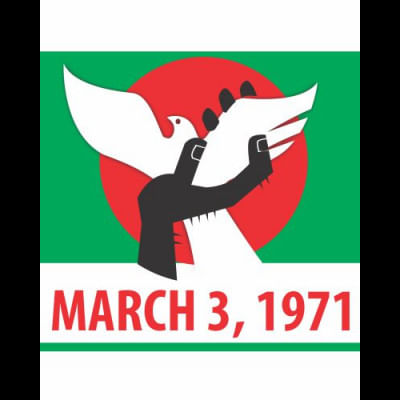
After the shocking declaration of suspension of parliamentary session sine die by President Yahya Khan on March 1, 1971, the country, which has long been waiting to spew out its years-long frustration, erupted like a volcano.
On March 3, Dhaka turned into a city of processions that reached Paltan Maidan to join a rally organised by Swadhin Bangla Chhatra Sangram Parishad.
The parishad unveiled the Manifesto of Independence and Bangabandhu Sheikh Mujibur Rahman announced his Non-cooperation Movement at the programme.
He said payment of taxes would be suspended until the government repressions stopped and hartal would be observed every day from 6:00am to 2:00pm.
“Come to Race Course on March 7, I shall announce the next course of action,” he said.
All offices, courts, factories, schools, colleges, transport services remained closed.
To quell the rebellion, the Pakistan government imposed curfew on Dhaka, Rangpur and Sylhet.
Called by Bangabandhu, hartal was observed all over Bangladesh for the first day and in the capital for the second consecutive day.
During the strike, Pakistani military opened fire on spontaneous processions brought out by general people, killing many of them.
In Rangpur, as clashes broke out between Pakistani army men and civilians, a 24-hour curfew was imposed from 2:30pm.
In Sylhet, curfew was imposed from 7:30am to 7:30pm. In Dhaka, curfew time was from 10:30pm to 6:00am.
President Yahya Khan announced that a meeting would be arranged on March 10 between political leaders.
The announcement came from the President Bhaban in Rawalpindi where it was also said that after the conference, within two weeks, the national parliamentary/committee assembly would be held.
Bangabandhu instantly rejected the invitation.
“If you do not want a democratically elected government, then you can form your own government. We will form the government/constitution of Bangladesh,” he said.
The day which was to have been the day for the sitting of the National Assembly was observed as a day of national mourning. Bangabandhu demanded at a meeting: “withdraw forces, hand over power”.
Angered by the decision to postpone the Assembly session, mob burned the Pakistani flag.
Yahya continued to posture for negotiations while non-Bengali regiments of soldiers were surreptitiously flown in Dhaka from West Pakistan.
[Sources: Liberation War Museum, Bangladesh Genocide Archive]

 For all latest news, follow The Daily Star's Google News channel.
For all latest news, follow The Daily Star's Google News channel. 

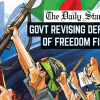
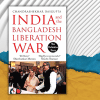

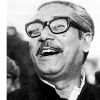
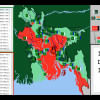

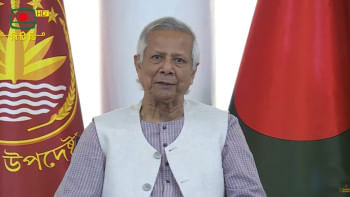
Comments